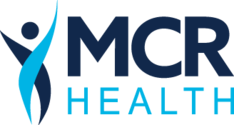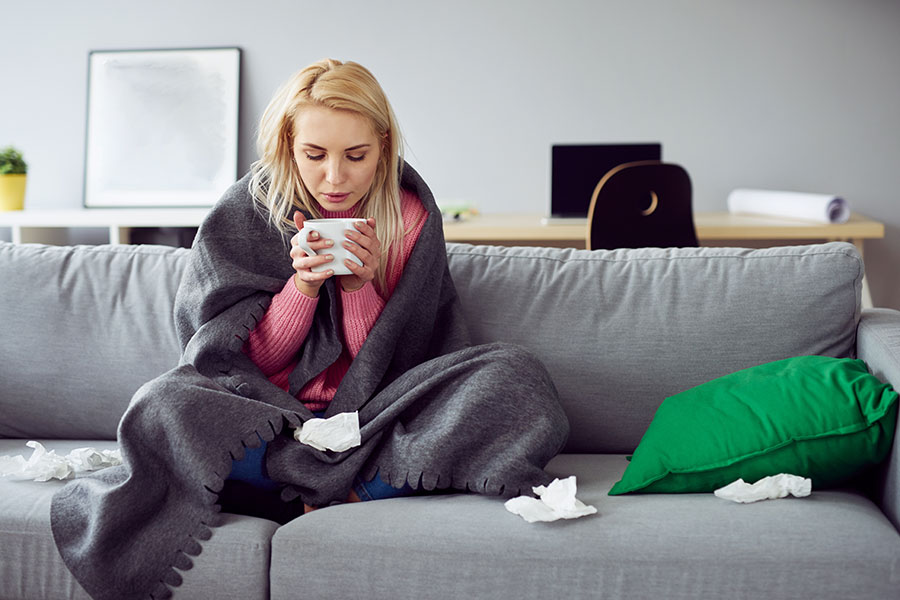If you have contracted the novel Coronavirus, you need to be extraordinarily careful not to spread it. It is paramount that everyone treats this public health pandemic seriously.
So if you begin showing symptoms of the Coronavirus, take proper precautions to ensure that you do not infect anyone else.
The safety of your family, your community, and, broadly speaking, the United States depends on your cooperation.
QUARANTINE
Since the novel Coronavirus can easily be transmitted from person to person, the first step you’ll want to take is self-quarantine. It is vitally important that you quarantine yourself in your home and limit close contact with everyone.
By staying at home and quarantining yourself, you will keep other people and animals safe from the illness. Although the Centers for Disease Control and Prevention currently has no evidence indicating that animas can spread Coronavirus, it’s better to be safe than sorry at this time.
Moreover, if you live with multiple people, only allow one person to care for you. More people helping you means elevating the risk of spreading the disease.
SHARING IS NOT CARING
Although seemingly counterintuitive, it’s essential that you immediately stop sharing personal household items with members of your family. Not only should you have your own designated room/area. You should also have your own designated cups, plates, silverware, and even food.
Additionally, if your home has more than one bathroom, it is a great idea to designate one of them as your personal bathroom. This way everyone else can use the other bathrooms in your home and you can significantly reduce the risk of spreading the respiratory disease.
STAY HOME EXCEPT FOR MEDICAL CARE
Since the range of illnesses that result from Coronavirus differ significantly in severity, you may experience milder symptoms. Do NOT be fooled.
These milder symptoms may give you the false impression that you are recovering and/or that your illness is particularly weak and non-transmittable. You must remember that the Coronavirus is deadly.
If you are infected with it, you should stay home except to get medical care at a designated site.
By staying home, you show respect for your community by not potentially spreading the disease.
CALL AHEAD
If you have been infected with this respiratory disease, it is essential that you seek medical treatment.
However, for the safety of our medical providers and other patients, you must call ahead to arrange an evaluation. There are only particular sites that offer treatment for the novel Coronavirus. Do not assume you can go to any medical site and receive treatment for this respiratory disease.
So if you exhibit symptoms of the novel Coronavirus, call us to arrange for an evaluation at a designated testing site.
FACE MASKS
By now, when around others you should be covering your mouth and nose with a cloth face cover, but if you are infected with the novel Coronavirus, it’s even more reason to wear a mask. Since Coronavirus is a respiratory disease that means patients can easily spread it by coughing, sneezing, or even talking.
By wearing a mask, you can drastically reduce the likelihood of transmitting the respiratory disease from you to someone else.
To that point, wearing facemasks is also recommended for those who are treating someone with Coronavirus. Moreover, if you live with other people, and you have designated a single individual to assist you, that person should wear a mask too.
COVER YOUR COUGHS AND SNEEZES
As an easily transmitted respiratory disease, the Coronavirus can infect others with sneezes and coughs.
This is the reason it is highly recommended that you use tissues when either coughing or sneezing. After using the tissues, you should throw them away, so they don’t contaminate anything.
If you have no tissues available, just sneeze or cough on the inside of your elbow and disinfect as quickly as possible.
CLEAN YOUR HANDS OFTEN
A perfectly healthy individual carries about 5,000 germs on each one of their hands. But if you’ve caught the Coronavirus, you have even more reason to wash your hands. That’s because this innocuous hygienic chore contributes to saving lives.
Be sure to wash those hands with soap and water for about 20 seconds as frequently as possible.
It’s particularly important to wash them after coughing, sneezing, and blowing your nose.
While soap and water make the superior handwashing method, hand sanitizer with at least 60% alcohol makes a decent alternative.
ELIMINATE GERMS
In addition to washing your hands, you should also eliminate the germs around you.
One of the best ways to do this is to clean and disinfect frequently touched objects and surfaces. Things like light switches, door handles, keyboards, desks, countertops, and phones are some of the most common things that collect germs, but there are many others.
By making a conscious effort to clean and disinfect these areas, you can actively protect your family from catching the novel coronavirus.
MONITOR YOUR SYMPTOMS
Not to be dramatic here, but you if have become infected with the Coronavirus, your life truly depends on how effectively you monitor the symptoms.
If they become more severe (if you have trouble breathing), seek further medical attention.
As discussed, before coming to one of our MCR Health facilities, you will still need to call ahead to arrange a visit at a designated testing site. Moreover, wear a facemask when you leave home for the safety of our health care workers and those around you in the waiting room.
ENDING SELF-QUARANTINE
According to the latest information, people infected by Coronavirus should remain at home in self-quarantine. This will likely be the case until the risk of secondary transmission is reduced.
However, ending home isolation is generally a decision made on a case-by-case basis with those who have tested positive for Coronavirus. Since this can be such a risky decision, you should only make it after consulting with both your healthcare provider and your state and local health departments.
By doing so, you will ensure that you make this decision with the most information.
BE CAREFUL
This respiratory disease may not prove fatal to all who contract it, but many people across the planet and in our very own country have already died from it.
This is why it is so critical that we treat this disease cautiously, intelligently, and with the utmost safety. For the safety of yourself, for the safety of your family members, and for the safety of your community, take it seriously.
If you or your children exhibit symptoms, such as a fever, cough, or shortness of breath, please limit exposure to others and call your primary care provider or 866-779-6121.

